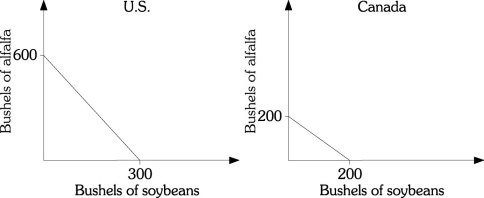Which of the following believe that discretionary monetary policy and discretionary fiscal policy are effective countercyclical policy actions? activists
a. rule advocates
b. activists
c. new classical economists
d. rational expectations theorists
b
You might also like to view...
The capture theory of regulation is that regulations
A) help producers to maximize economic profits. B) mean producers suffer losses. C) result in diseconomies of scale. D) benefit society, not producers. E) benefit the regulators, not the producers or the consumers.
A trade-off of using monetary policy to maintain a pegged exchange rate
a. increases the power of the central bank. b. always increases the interest rate. c. cannot be used to address inflation or unemployment. d. cannot be used to change tax policies.
Which market type below is perceived as being the least competitive in mainstream economics?
(a) Perfect Competition; (b) Monopolistic competition; (c) Monopoly; (d) Oligopoly
Refer to the information provided in Figure 33.1 below to answer the question(s) that follow. Figure 33.1Refer to Figure 33.1. The opportunity cost of producing a bushel of alfalfa in the United States is
Figure 33.1Refer to Figure 33.1. The opportunity cost of producing a bushel of alfalfa in the United States is
A. half a bushel of soybeans. B. 1 bushel of soybeans. C. 2 bushels of soybeans. D. 300 bushels of soybeans.